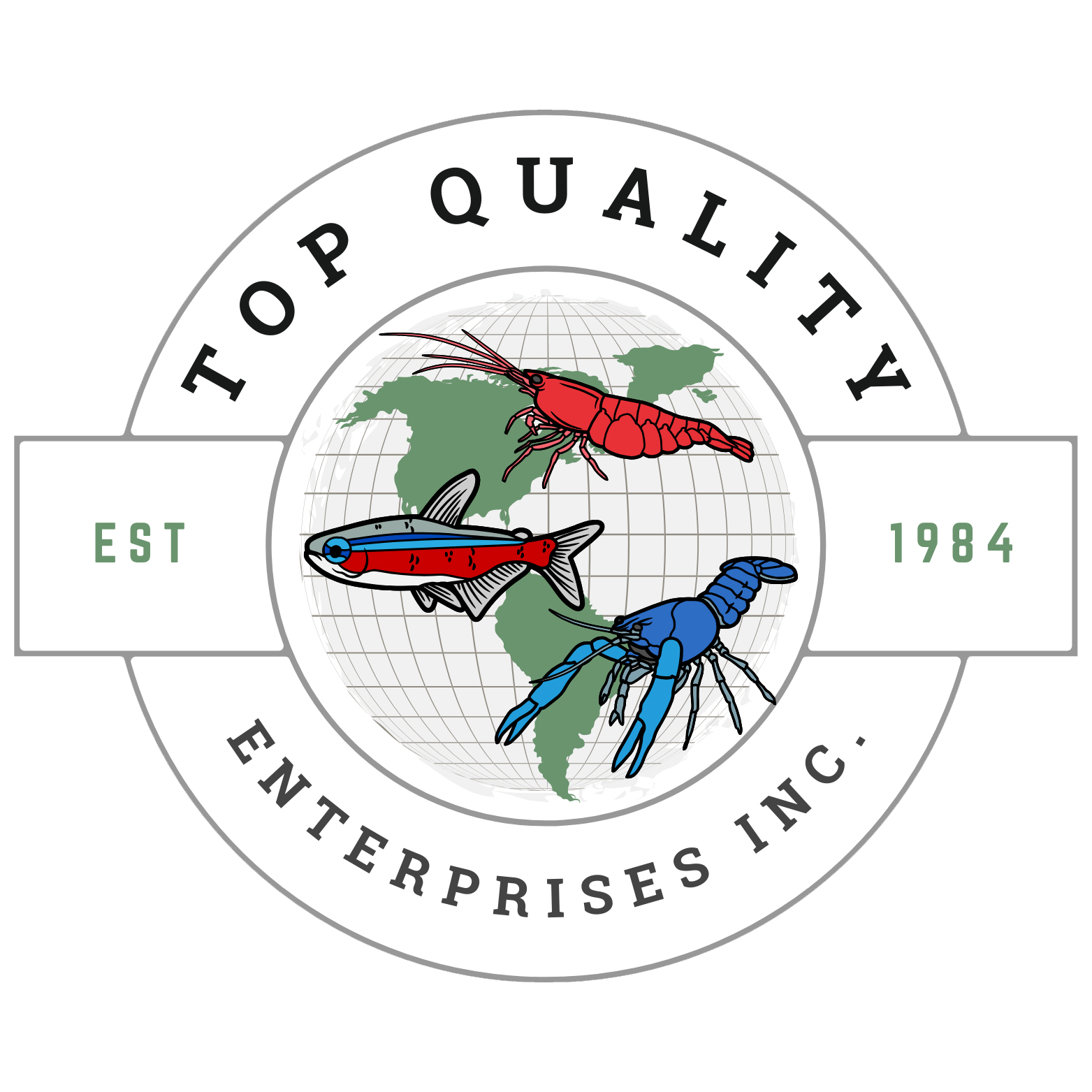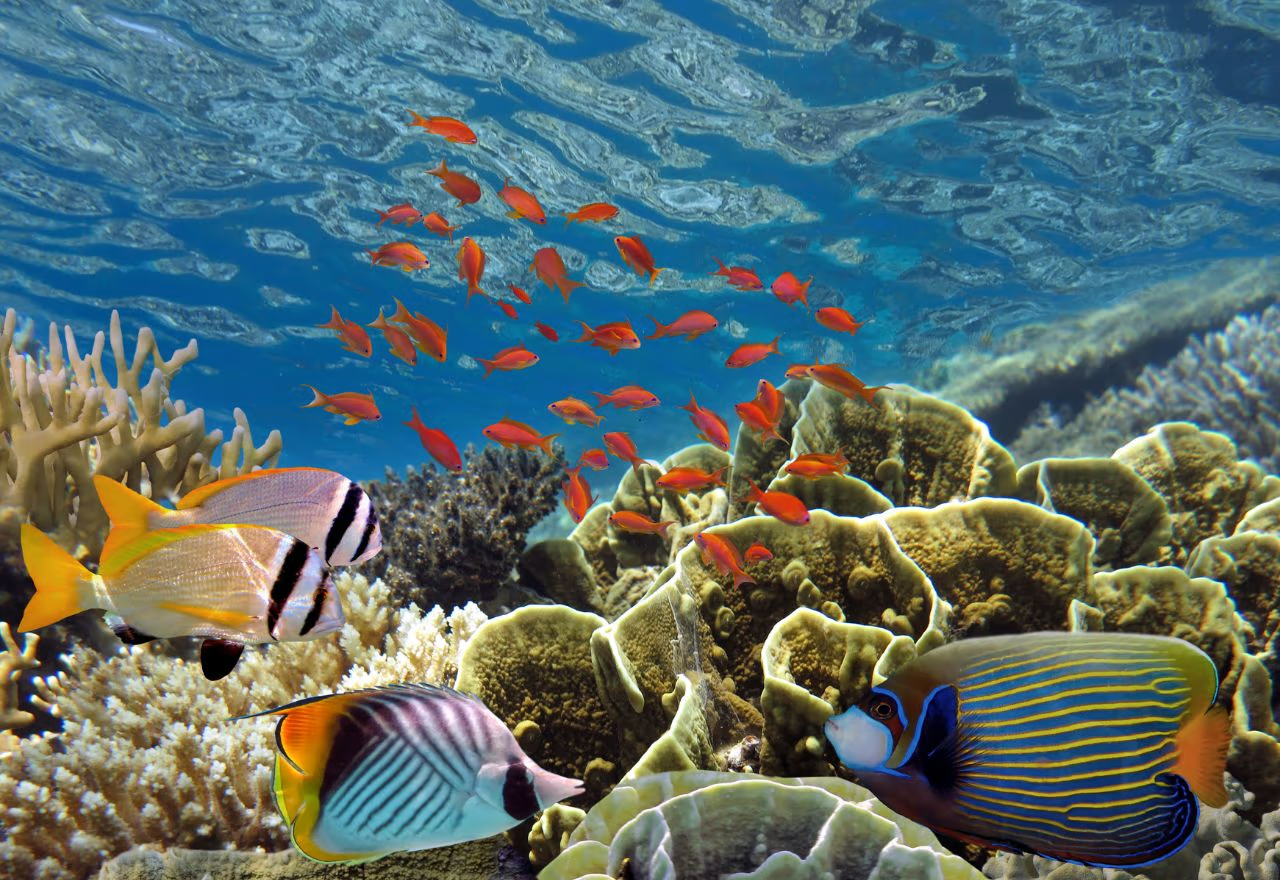“Ethical sourcing” gets thrown around a lot, but in the tropical fish world, it has a very specific meaning. It’s not just about buying fish—it’s about knowing how and where they come from.
An ethically sourced fish is one that’s been collected, bred, and shipped in a way that respects marine life, local communities, and the buyer’s investment. It means no overharvesting, no harmful collection methods, and no shady shortcuts that harm reefs or ecosystems.
Here’s what ethical sourcing really stands on:
- Responsible Collection Practices: Collectors follow guidelines that protect coral reefs, avoid destructive gear, and ensure that fish populations remain stable.
- Fair Labor and Working Conditions: From divers to packers, everyone involved is treated fairly, paid properly, and works under safe conditions.
- Animal Welfare and Handling: Fish are kept in healthy environments, with clean water, proper feeding, and minimal stress during transport.
- Environmental Preservation: Ethical sourcing also means taking care of the bigger picture—supporting reef restoration and reducing carbon footprints in the supply chain.
Sustainable collection isn’t the same as overharvesting. Sustainable collection means working with nature—taking what can safely be replaced, allowing ecosystems to recover. Overharvesting, on the other hand, is a quick grab for cash that leaves destruction behind.
When suppliers respect these principles, the payoff is big. Retailers get healthier fish that adapt well, customers stay loyal, and the ocean continues to thrive.
Warning Signs: How to Spot an Unethical Fish Supplier
Now, here’s the part nobody likes to talk about—unethical suppliers. They’re out there, and they’re easy to miss if you don’t know the signs. Many of them look professional on the surface, but when you start digging, things don’t add up.
Here are red flags that should make any buyer pause:
- Unclear or Missing Origin Details: If a supplier can’t tell you where a fish came from, that’s a bad start.
- Poor Packaging or Unhealthy Fish: Sick, stressed, or dead-on-arrival fish show carelessness in handling.
- No Proper Documentation: Legit suppliers have export permits, health certificates, and inspection records.
- Prices That Seem Too Good: Bargain deals often mean corners were cut—usually at the expense of the fish or the environment.
- Evasive Behavior: If a supplier dodges questions about breeding methods or collection sources, it’s time to walk away.
We’ve seen stores lose entire shipments because they went with the “cheaper option.” The fish arrived weak, stressed, and infected, and the losses were brutal. One bad shipment can ruin a business’s reputation overnight.
How to Verify If Your Supplier Is Legit
Finding a reliable supplier in this business isn’t just about trust—it’s about proof. Here’s how you can confirm if your supplier is the real deal:
- Ask for Certifications: Check for CITES permits, Marine Aquarium Council (MAC) certification, or any local environmental compliance documents.
- Traceability: A legit supplier can trace each fish back to its origin—whether bred or collected.
- Visit or Request Visual Proof: If possible, visit their facility. If not, ask for photos or live video calls showing tanks, water systems, and packing areas.
- Check Reviews and References: Other buyers’ feedback can tell you a lot. Consistency in service and quality speaks louder than claims.
- Request Health Reports: These include parasite screenings, stress levels, and feeding records—especially important for international shipments.
- Ask About Quarantine Procedures: Ethical suppliers never skip quarantine. It’s the only way to ensure fish arrive healthy and ready to thrive.
At Top Quality, we follow all these steps ourselves—before we even ship a single fish. We believe in earning our clients’ confidence with full transparency. That’s why many of our long-term partners have stayed with us for years.
The Role of Transparency and Communication
Let’s be honest—trust in this trade doesn’t just appear out of thin air. It’s built, slowly, with open communication and transparency.
A transparent supplier doesn’t just tell you what you want to hear—they tell you the truth. Maybe a certain fish isn’t ready yet, or shipping will take longer due to health checks. That’s honesty, not failure.
Here’s what you’ll see from transparent suppliers:
- Clear Invoices and Documentation: Everything accounted for—no hidden costs.
- Upfront Communication: If there’s a delay, you’ll know right away.
- Health Updates: Proactive suppliers share how fish are doing before shipping.
When communication flows both ways, problems get solved faster. It’s how we’ve built lasting partnerships with clients in the U.S. and around the world.
Ethical Breeding vs. Wild Collection
There’s often debate between farm-bred and wild-caught fish. Both can be ethical if done right—and both have a place in the trade.
Ethical Breeding:
- Reduces strain on wild populations.
- Offers controlled environments that ensure better survival rates.
- Helps develop rare color variations and stronger stock lines.
Responsible Wild Collection:
- Supports local communities in coastal regions who depend on this trade.
- Keeps natural biodiversity active and provides genetic diversity for breeding programs.
- Encourages environmental stewardship when done under strict guidelines.
What Ethical Sourcing Looks Like at Top Quality Enterprises Inc.
We don’t just talk about ethics—we live it. Every step of our process reflects years of dedication, knowledge, and care.
Here’s how we ensure every fish that leaves our Tampa Bay facility meets our standard:
- Partnerships with Trusted Breeders and Collectors: We only work with partners who share our values of responsibility and respect for marine life.
- Health and Quality Checks: Before shipping, every fish is inspected, quarantined, and acclimated. We test water quality daily and use stress-reducing techniques during handling.
- Compliance with Export Standards: All international shipments follow CITES regulations and health certifications required by destination countries.
- Commitment to Fish Welfare: From packing methods to temperature control, we ensure every fish arrives safe, calm, and ready to thrive.
Why Choosing an Ethical Supplier Is Good for Business
Ethics isn’t just about doing good—it’s smart business strategy. When you choose ethical suppliers, you’re investing in quality, stability, and customer satisfaction.
Here’s why it pays off:
- Better Survival Rates: Healthy fish mean fewer losses and happier customers.
- Trust and Loyalty: Buyers notice when you work with responsible partners—and they’ll keep coming back.
- Smooth Operations: Ethical suppliers deliver on time, follow regulations, and keep paperwork clean—no surprises at customs.
- Reputation Boost: A responsible image attracts both customers and partnerships.
At the end of the day, ethical sourcing builds long-term success. It keeps your tanks full, your customers happy, and your conscience clear.
Integrity Is the Future of the Fish Trade
The tropical fish industry has evolved. It’s not just about color and species anymore—it’s about responsibility, transparency, and sustainability. The future belongs to suppliers who respect the balance between business and the ocean.
At Top Quality Enterprises Inc., we’ve built our name on that integrity. Every fish we handle, every shipment we send, and every partnership we form is rooted in our promise to do things the right way. Because when it comes to ethical sourcing, there’s no shortcut.
If you’re in the trade, choose your partners wisely. A legit supplier won’t hide behind discounts or half-truths—they’ll stand proudly behind their process, just like we do.
Looking for a trusted wholesale tropical fish supplier that values transparency, quality, and responsible sourcing?
Partner with Top Quality Enterprises Inc. today.
We make sure every fish that leaves our center is healthy, happy, and ready to thrive—because your success starts with the fish you choose.

